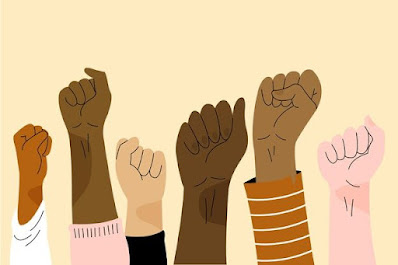Indigenous Peoples and Local Communities are not here to beg for their rights
The International Network for Economic, Social, and Cultural Rights
Perhaps if we shout it from the UNEP rooftop, Parties arguing over semantics in Conference Room 1 will hear us: to solve the biodiversity crisis, respect and apply the human rights of Indigenous Peoples and Local Communities.
Many IPLCs have journeyed far to be here –leaving their families, spending significant resources, all while taking significant public health risks amidst a never-ending pandemic (born out of the twin climate and biodiversity crises)- to steadfastly demand and affirm their existing human rights to land, their tenure rights and their right to self-determination. They are not here to beg for those rights or to passively watch as key principles like Free, Prior and Informed Consent go from [bracket] to [bracket].
It’s not only moral arguments that underpin the need for a human rights-based approach to the GBF; the scientific evidence also concurs. IPBES and the IPCC both recognize the critical importance of secure land tenure for IPLCs as a key solution to address climate change and biodiversity loss.
Courts also agree, including Thursday’s reparationsjudgment by the African Court on Human and Peoples Rightsin favor of the Ogiek Community, affirming their right to their land ensuring the preservation of the Mau Forest and the biodiversity within it. Despite facing brutal attacks, forcible evictions, and existential threats IPLCs continue to be the best stewards of the earth’s biodiversity.
Outdated and unsustainable approaches to the biodiversity crises which fail to center human rights will not bring about meaningful change. To end the biodiversity crisis, we need a transformation from systems rooted in colonization, extraction and capitalism to rights and justice-based societies. We welcome progress in key target negotiations affirming the respect for IPLCs, their traditional knowledge and their rights to land. In the time that remains, delete the brackets and put human rights at the center.
______________________________________________________________________
The opinions,commentaries, and articles printed in ECO are the sole opinion of the individual authors or organizations, unless otherwise expressed.
